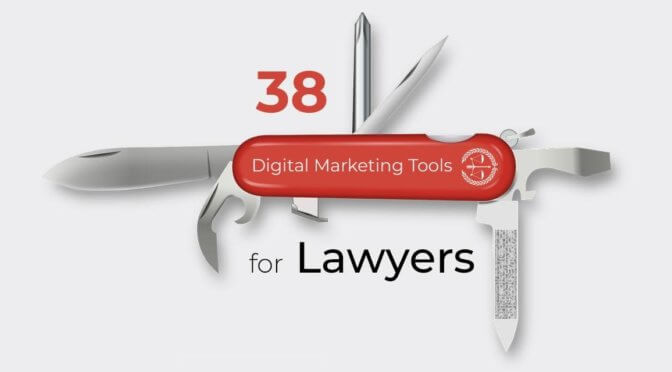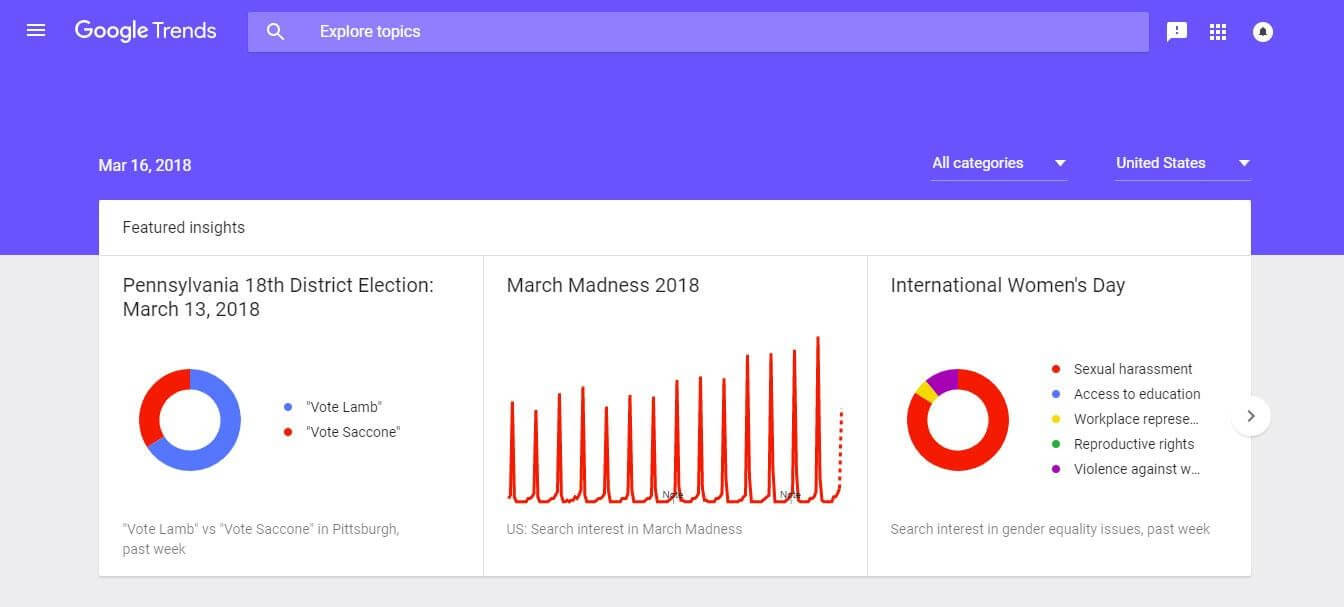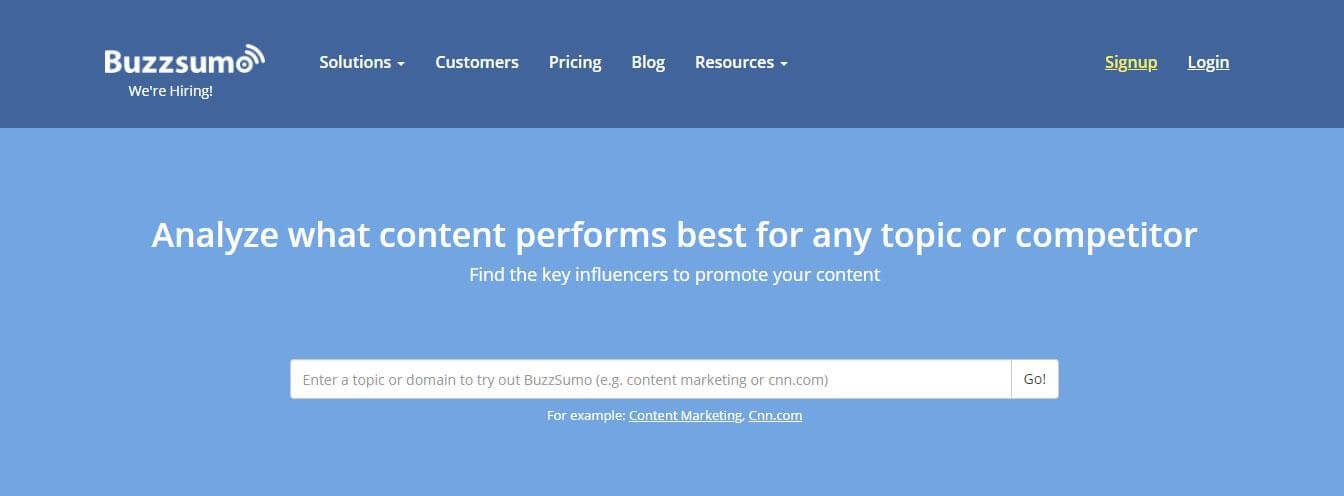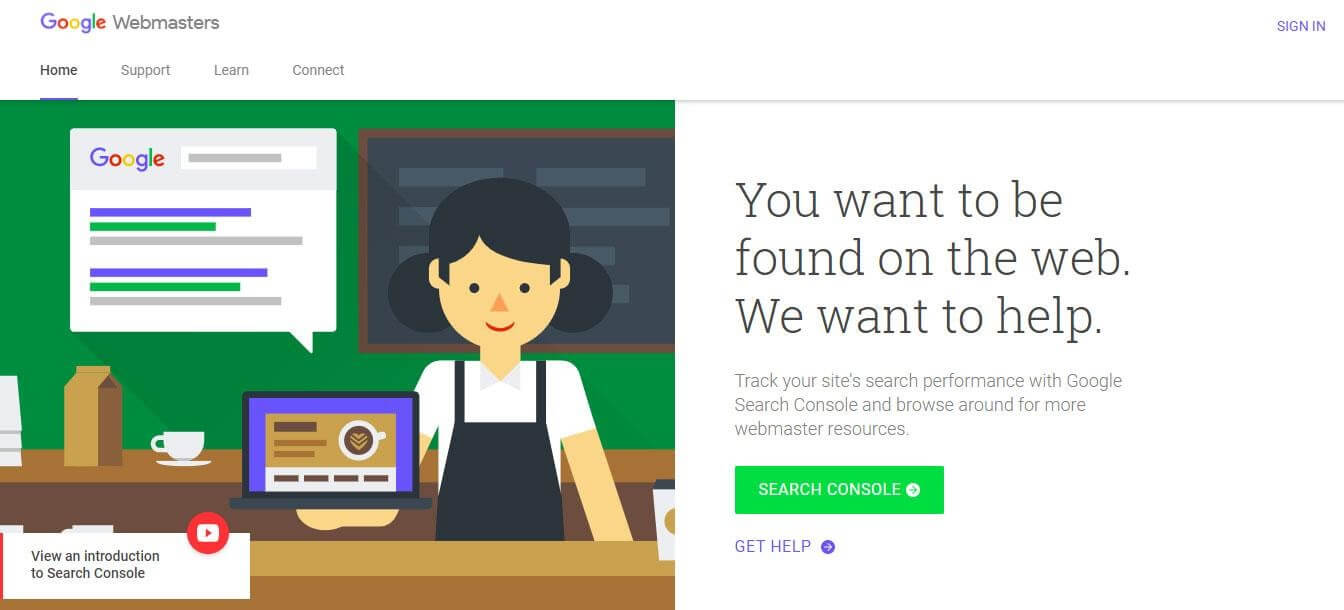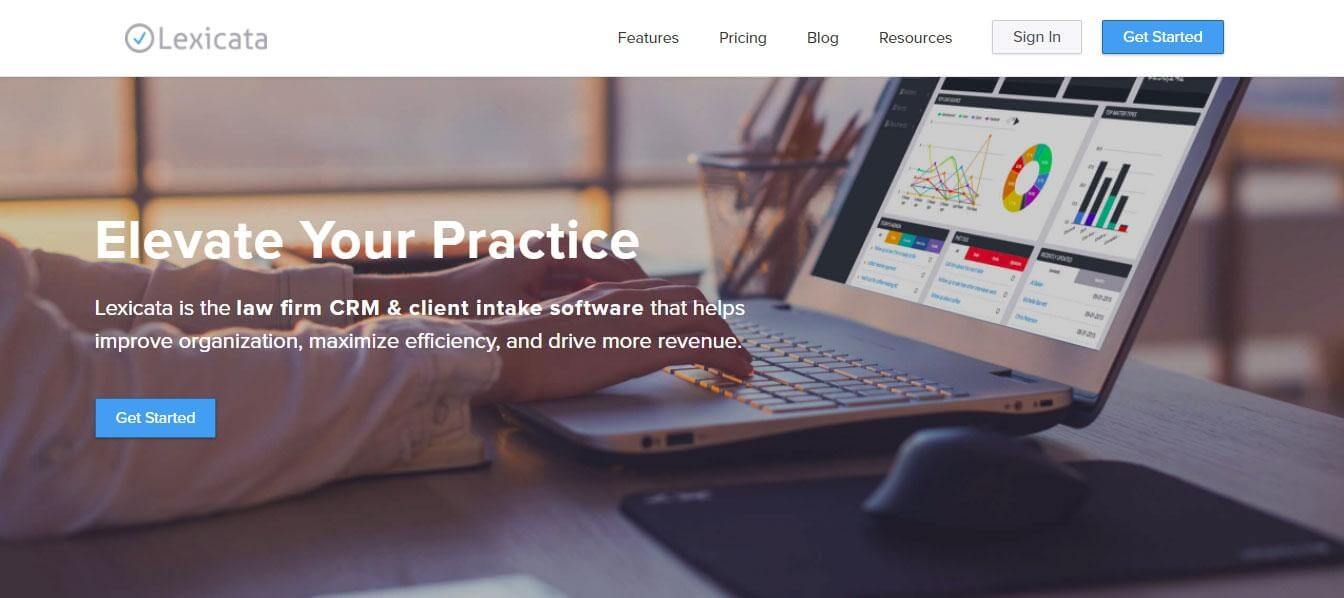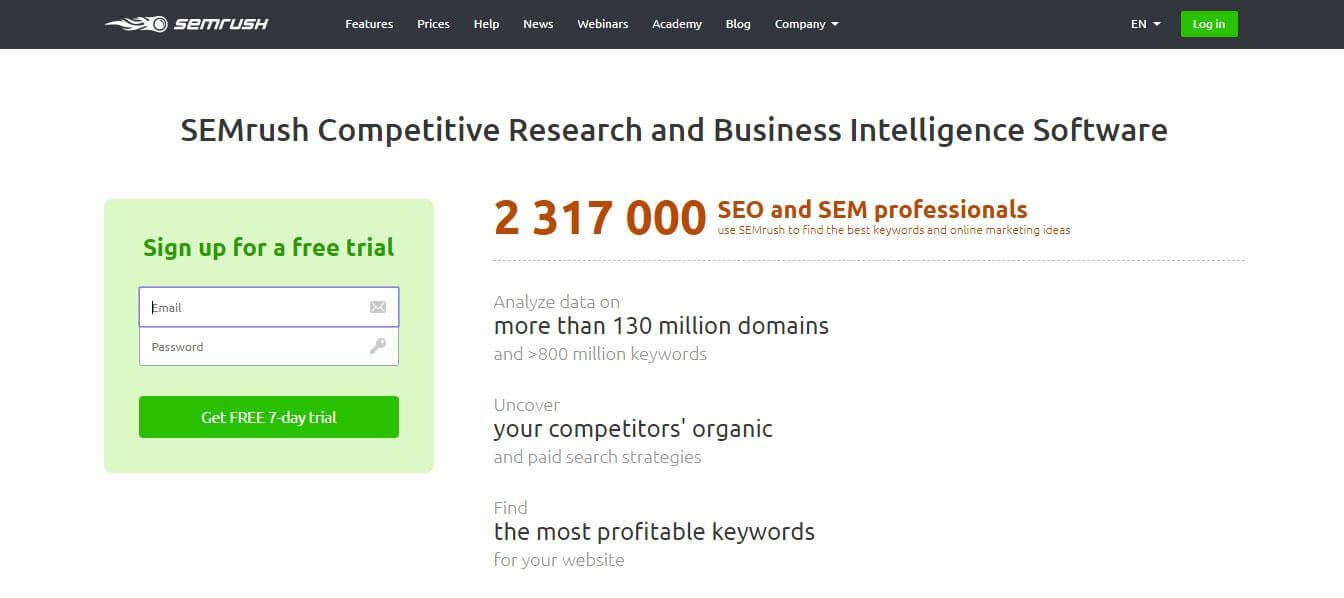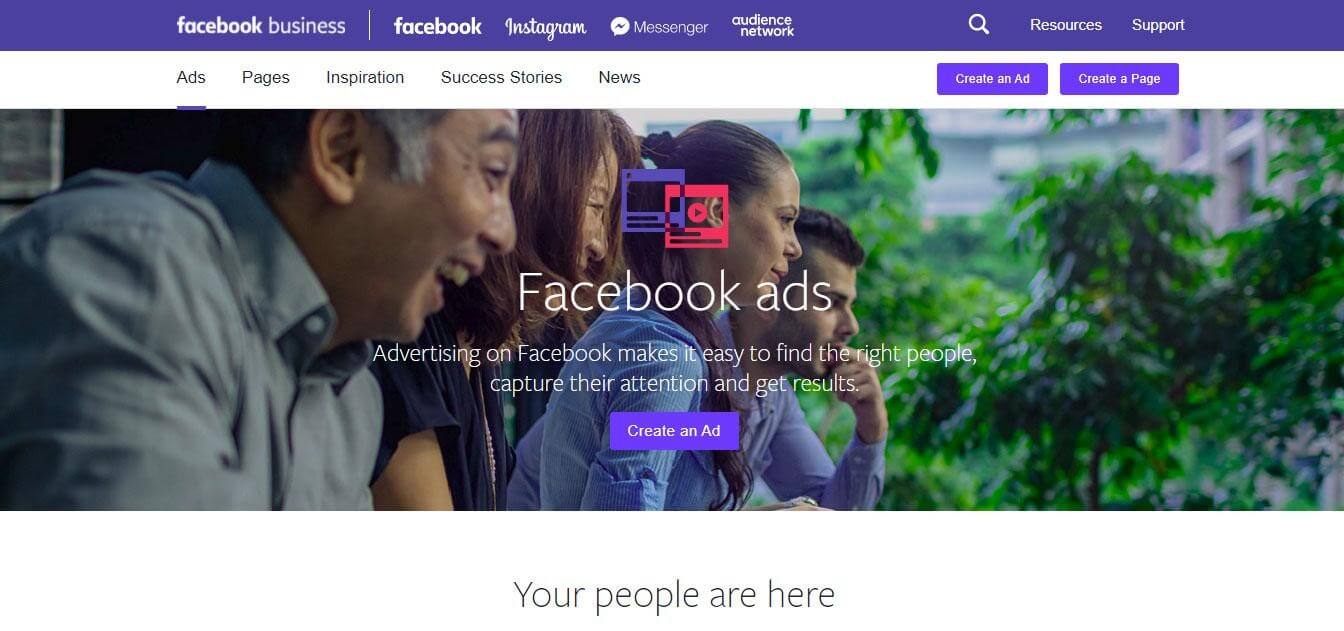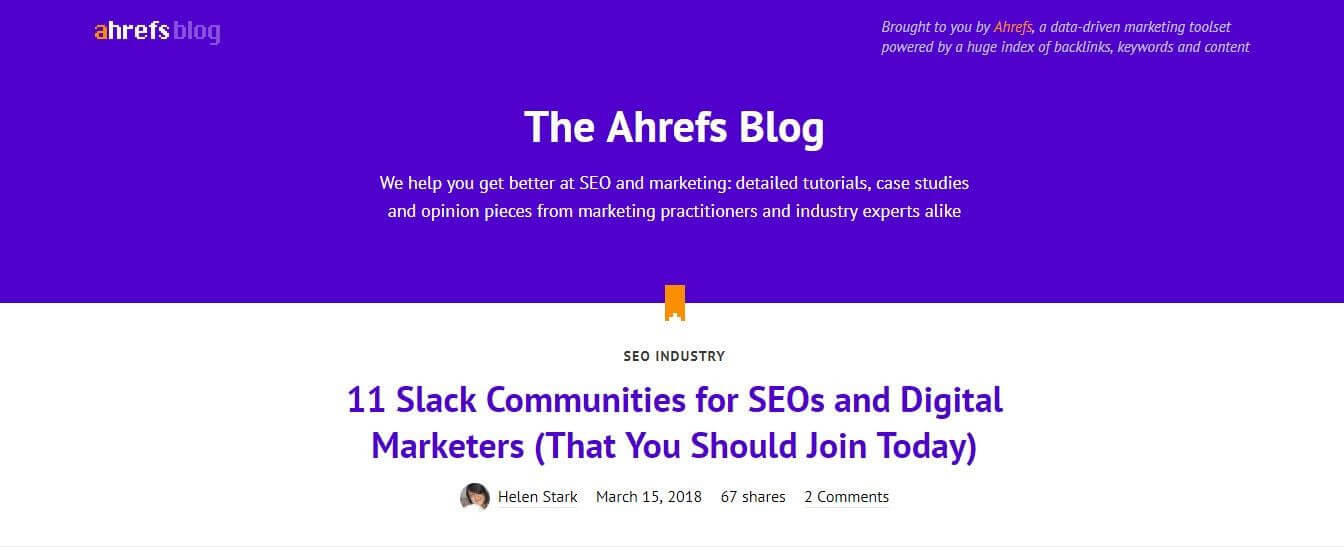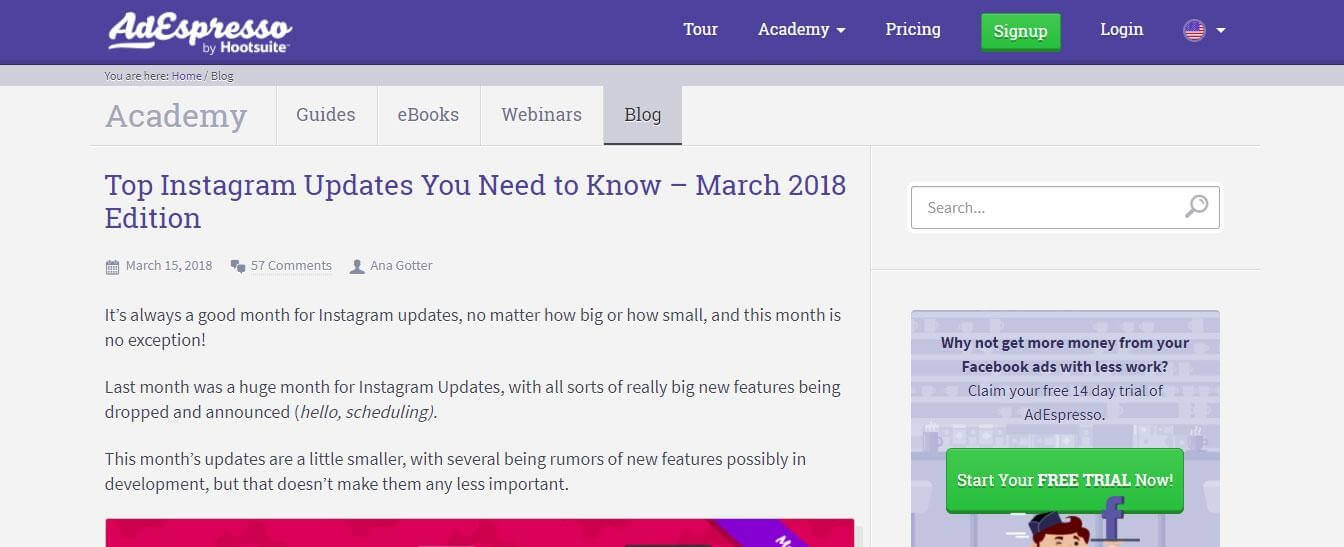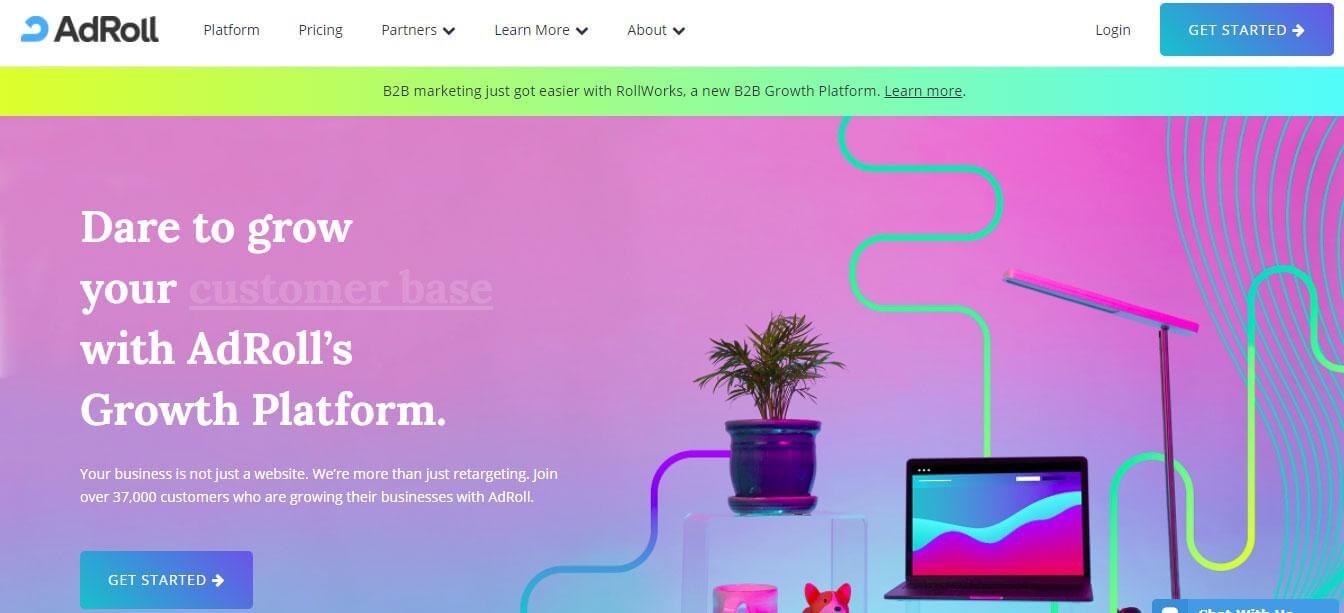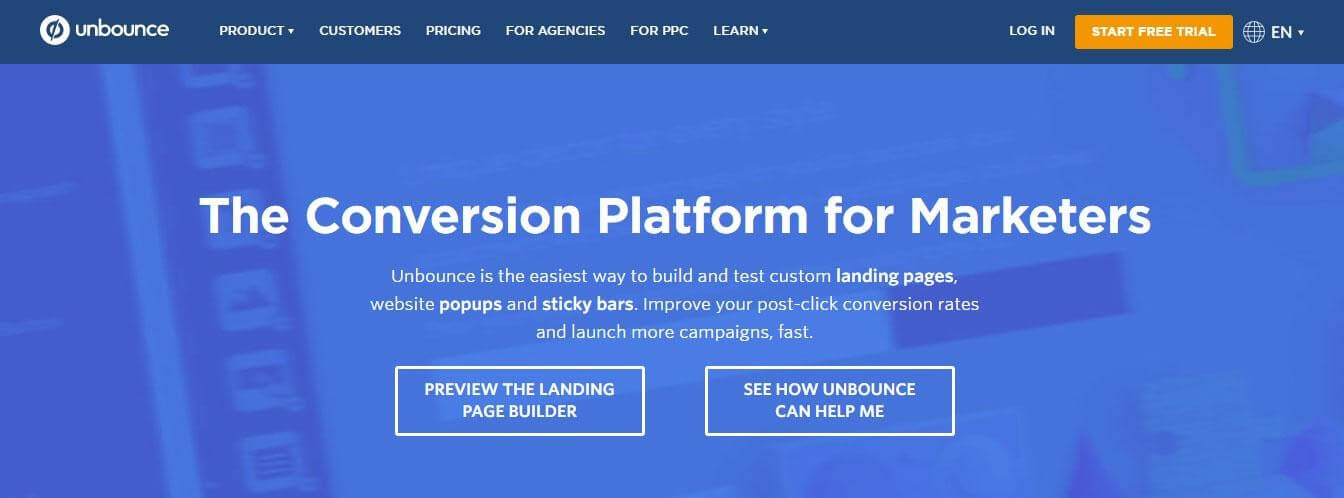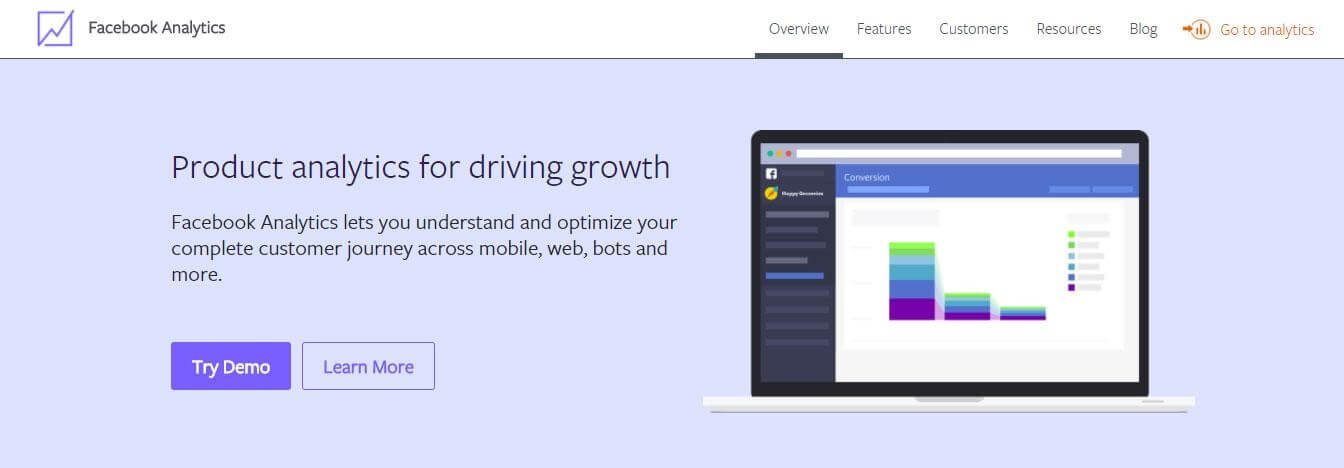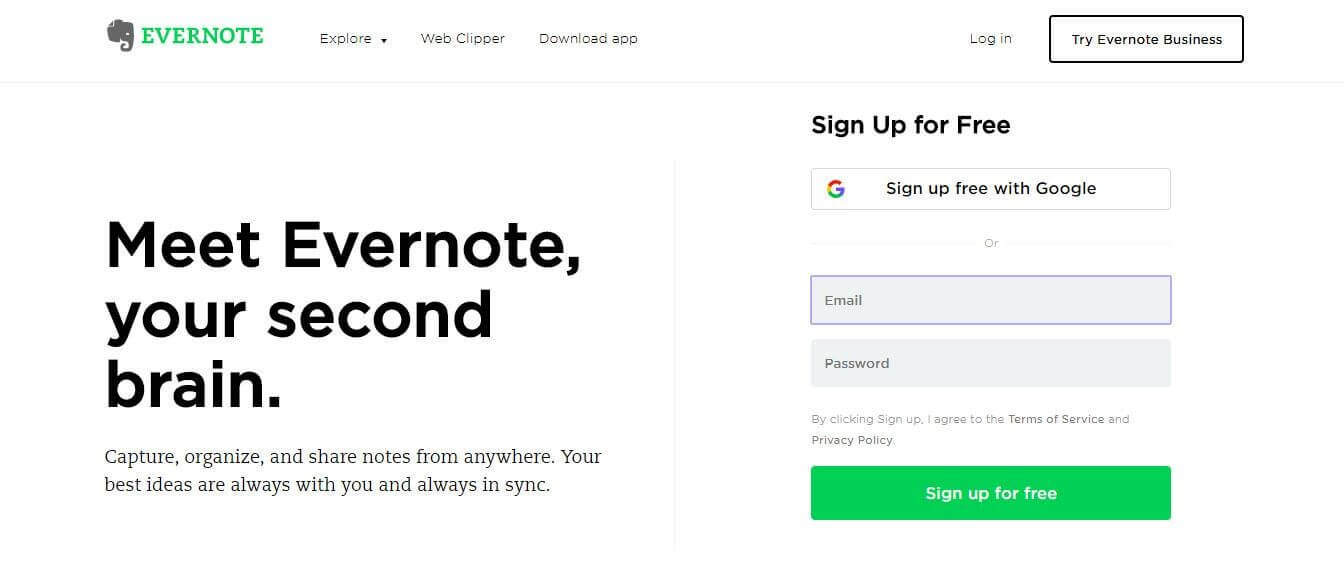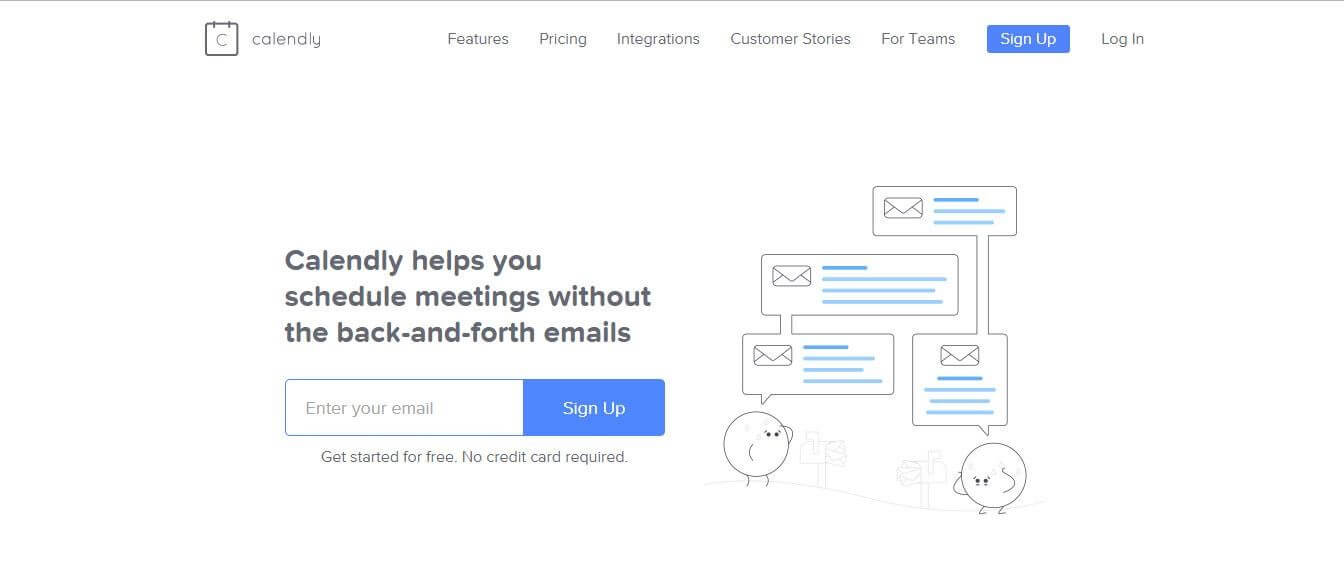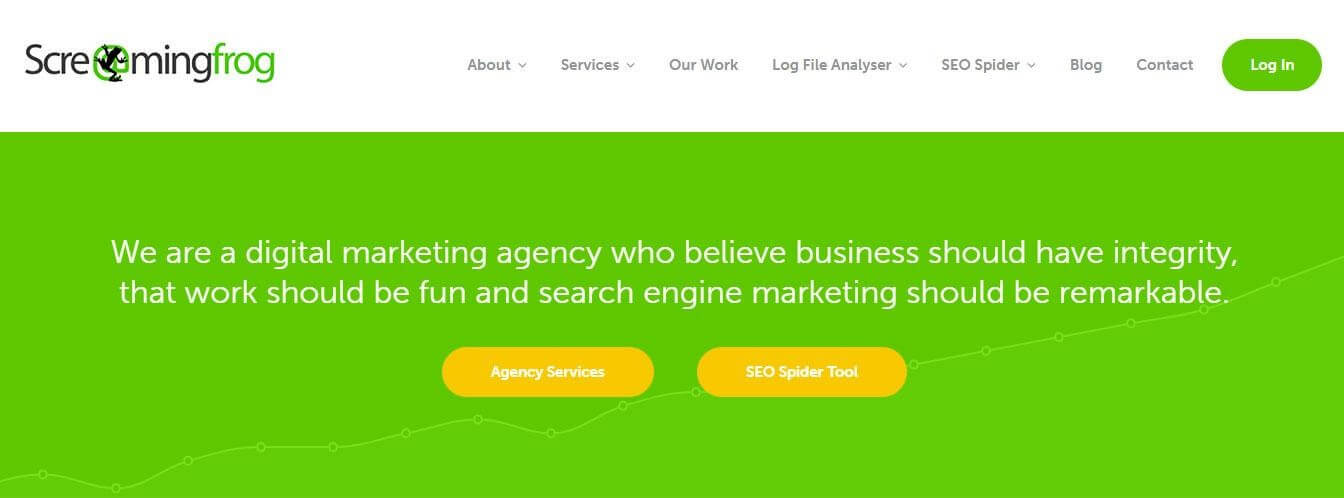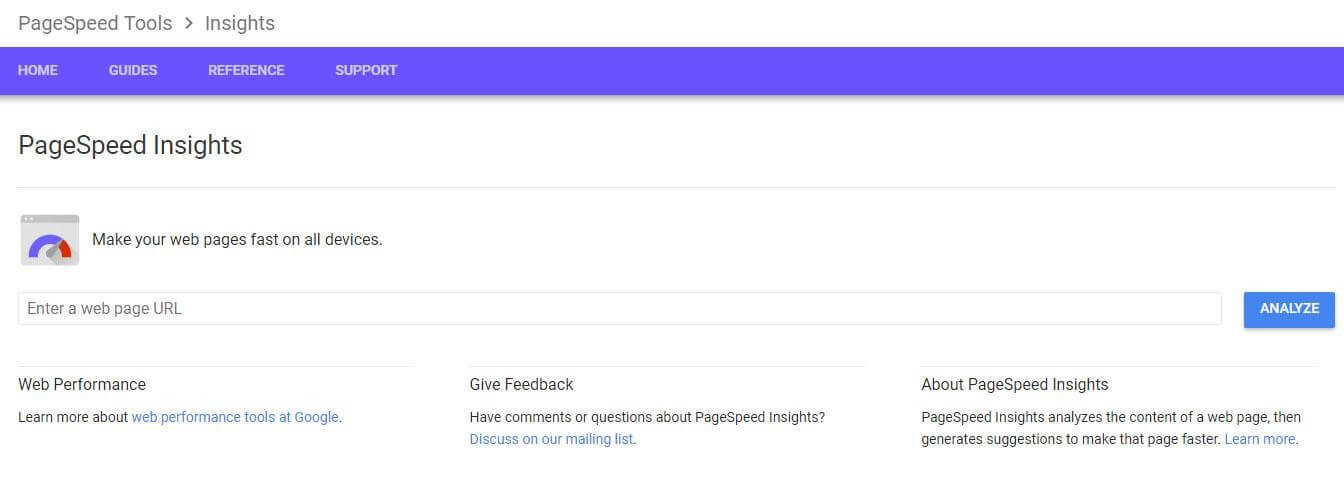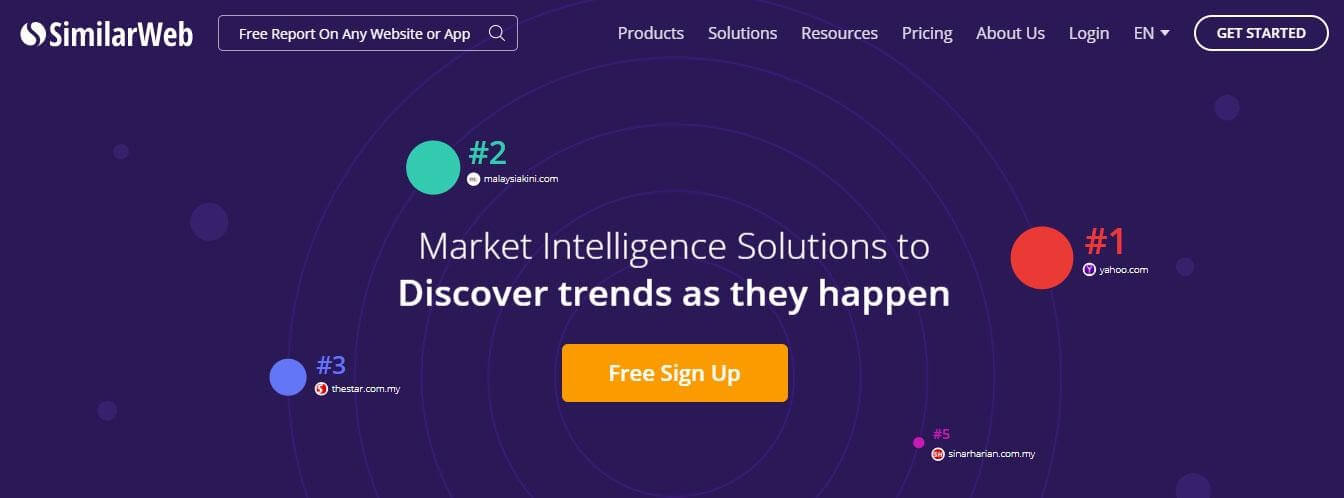The old days of listing your law firm in the local newspaper may not be entirely dead, but there are now many effective and cost efficient ways to market legal services. From ads that cost you per click to clever tricks to drive traffic to your attorney website, here’s a list of digital marketing tools even lawyers can use.
Notice: some of the marketing tools on this list may not be specific for legal services, however, these are popular tools used by digital marketers.
1. Lawyer Website. This had to be at the top of the list. If you don’t have a website for your law firm or legal services, you won’t be able to take advantage of the rest of the tools on this list.
2. Law Blog. Starting thinking of a law blog as a tool to attract potential clients to your law firm. You can write about trending topics or provide valuable information about your area of practice.
3. Google Trends. When it comes to popular stories and search terms that create the most buzz, try Google Trends. You can find all the hottest words related to your law firm. You can also read this about Google Trends for Lawyers.
4. Google Keyword Planner. SEO is dependent on keywords. Once you know which words are trending, use Google Keyword Planner to find variations and other stats to influence the content you make on your blog.
5. BuzzSumo. Many digital marketers use BuzzSumo and can lawyers to find the best content across social media and search engines.
6. Google Webmasters. Putting your law firm’s website on Google Console allows you to debug any critical errors to your SEO or receive notifications should your site get hacked.
7. Canva. Here’s a place to get creative elements, such as graphic designs, logos, posters, flyers, and more for free. Use this to attract more prospective clients from your Facebook ads.
8. Visually. If you want to offer a stunning infographic explaining the increasing rates of divorce throughout America, try Visually. Here you can get great ideas and images to create incredible online content.
9. Lexicata. This CRM (Customer Response Manager) is made specifically for lawyers. It helps you with client intake and managing your messaging system to deliver to the perfect message at the perfect time.
10. SEMRush. If you’re serious about your SEO and want a premium tool to dig deeper into popular search terms, use SEMRush. They also provide strategy ideas, content ideas, and technical SEO solutions to help your firm’s SEO methods gain traction.
We also would recommend CF Studio, it comes with a lot of free templates.
11. Google Adwords. Once you have an understanding of the keyword your soon-to-be clients are using, start a Google Adwords campaign. You’ll be able to put your law firm’s services to the top of Google’s Search Engine.
12. Facebook Ads. Alternatively, you can tap into the millions of people who are actively using Facebook. Lawyers can use Facebook Ads to target specific people, locations, and other detailed demographics.
13. Facebook Audience Insights. Perhaps you should do a bit of research on your target audience before setting up your ads. Facebook Audience Insights gives you a detailed look at the types of people using Facebook, it’s perfect for understanding the types of clients you can help the most.
14. Medium. In addition to your attorney blog, you should try this popular platform where people share stories that matter. Who knows, you may be the guru of law your country needs.
15. Ahrefs Blog. For those lawyers with a curiosity for the way to web works, Ahrefs Blog offers incredible insight toward SEO and online strategy.
16. HubSpot Blog. This is a place where you’ll find many digital marketers turning to for internet marketing advice. Maybe you can find some fresh new ideas to market your law firm here.
17. Buffer Blog. If you’re a social media enthusiast, the Buffer Blog is best to read about the latest trends and gain new insights.
18. Adspresso Blog. Sometimes Facebook Ads can leave a dent in your marketing budget. If you check out Adspresso’s Blog, you learn a lot about setting up and succeeding with your ad campaigns.
19. WooBox. Do you offer a free consultation and want to share this with as many people as possible? WooBox helps you create all kinds of creative campaigns to marketing your law firm.
20. MailChimp. Email marketing is a common strategy to send information and content to past clients and newly acquired emails. MailChimp is a simple email automation tool that lawyers can use for their drip campaign.
21. Ad-Roll. Re-targeting is a method of featuring your ads throughout the internet after someone visited your site or saw your ad in a different location. With Ad-Roll, you can tap into their vast network and feature your legal services in your region.
22. Sizmek. Advertising is all about impressions and Sizmek focuses on making the most out of the impressions you get while saving you ad dollars. They use a data-focused approach to serving up and managing your law firm’s ad campaign.
23. Vimeo. Does your law firm offer video content? An alternative to publishing all your videos on YouTube, you can use Vimeo to share your content and reach more viewers.
24. Unbounce. Instead of sending web traffic to your website you can use Unbounce to create landing pages. Here you can design a strong message that tells potential clients why your legal expertise is the best in town.
25. VWO. Marketers understand the internet in terms of conversion optimization. This means the traffic you send to your website has a greater chance of purchasing a product (or becoming a new client). With VWO, you can get detailed analytics and test variations of your lawyer website, content, or call to actions to achieve the best results.
26. Google Analytics. This free analytics tool gives lawyer a basic overview of the traffic coming to their website, from what source, and more. Setting up Google Analytics requires an account then adding a small piece of code to your website.
27. Facebook Analytics. Does your law firms use Facebook? If so, setting up your Facebook Analytics will give you additional insight to optimize the journey from your Facebook Page to your law firm’s office.
28. IFTTT. Is this you? After you write a beautiful blog post you publish it, then share it on Twitter, LinkedIn, Facebook, and any other place you can find that will accept your link. Well, with IFTTT you can automate that process and save a significant amount of your time.
29. Feedly. You can use Feedly to create an aggregate of news channels and offer them on your website. If you’re a personal injury lawyer, you can add blogs and other news sources related to accidents and incidents in your community.
30. Scoop It. If you want to join a content network, join Scoop It. Here you can share your latest blog posts and write exclusive articles to drive new clients to your firm.
31. ColorZilla. If you’ve ever seen a color on the internet and wanted to know what it was you can use ColorZilla to get you the code.
32. Evernote. You likely keep your office organized and you can use Evernote to help with your computer related tasks. However, as a lawyer, you may want to keep confidential information off this platform and stick to more secure apps for lawyers.
33. Calendly. Looking for a simple solution to schedule new intakes directly from your website. Calendy lets you manage what times you are available which can be particularly resourceful if you want to offer a free 15-minute consultation by phone.
34. Trello. If your law firm has a lot of lawyers and you want an efficient way of sending notes and making sure office related tasks are achieved on time, use Trello. Their platform lets you create “boards” with lists of tasks and to-do lists which can improve the workflow in your office.
35. Chat.io. When visitors come to your website having a live chat button in the bottom right corner can help turn questioning visitors into new inquiries. Chat.io offers an easy to install lawyer chat on your website which can be monitored by your or your staff.
36. Screaming Frog. Sometimes a small improvement to your website can increase the amount of visitors. Screaming Frog is a free web auditor tool which can evaluate your law firm’s on-site SEO.
37. PageSpeed Insights. Here’s yet another resourceful Google tool that allows you to measure your site speed and receive suggestion on how to improve it. Remember, a website with a faster load time improves the likelihood they’ll stick around for it to load and contact the firm.
38. SimilarWeb. Have you ever wondered why your competitor’s law site is doing so much better than yours? With SimilarWeb you can figure out their online strategy by gaining an inside look at their content and keywords.

